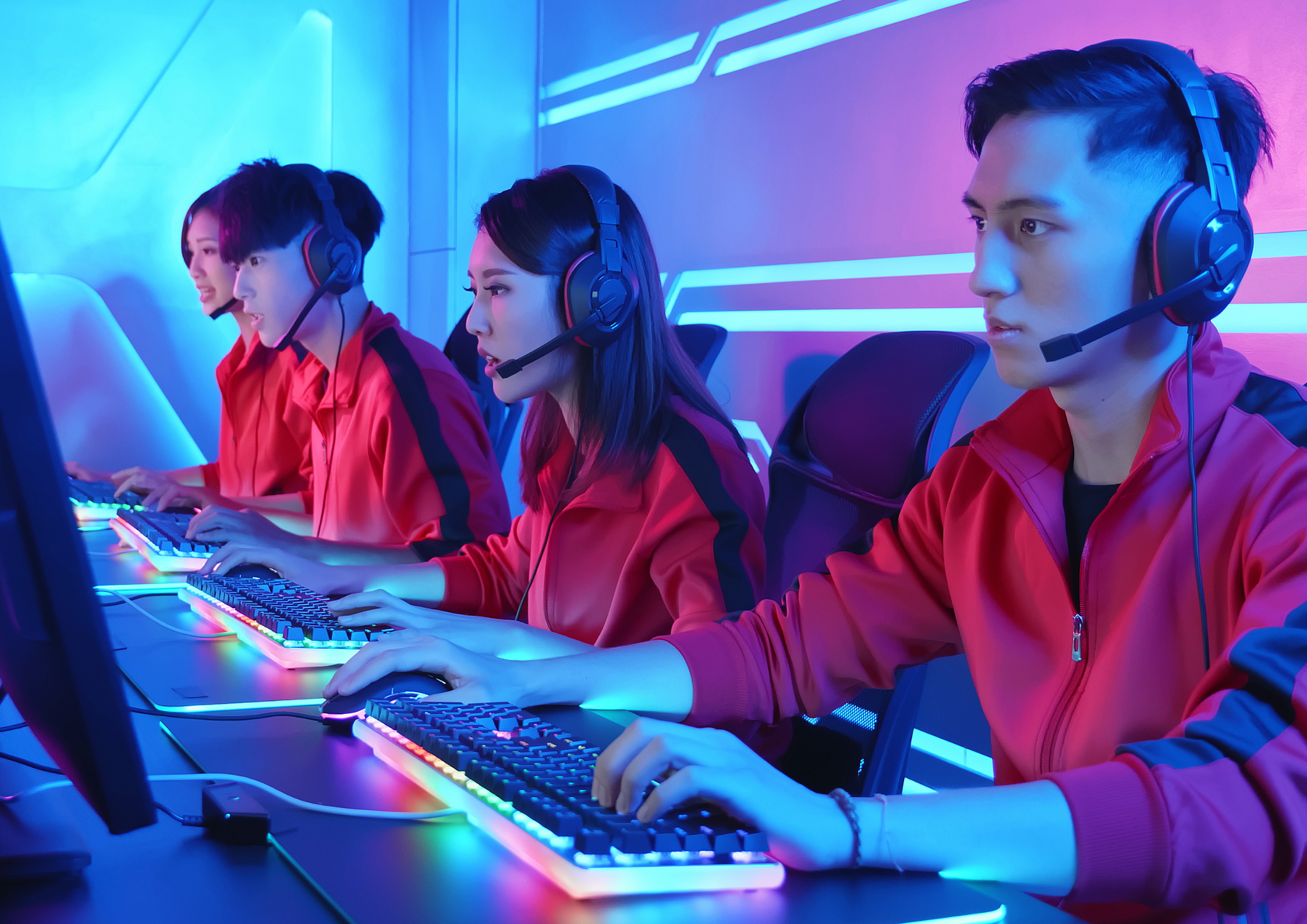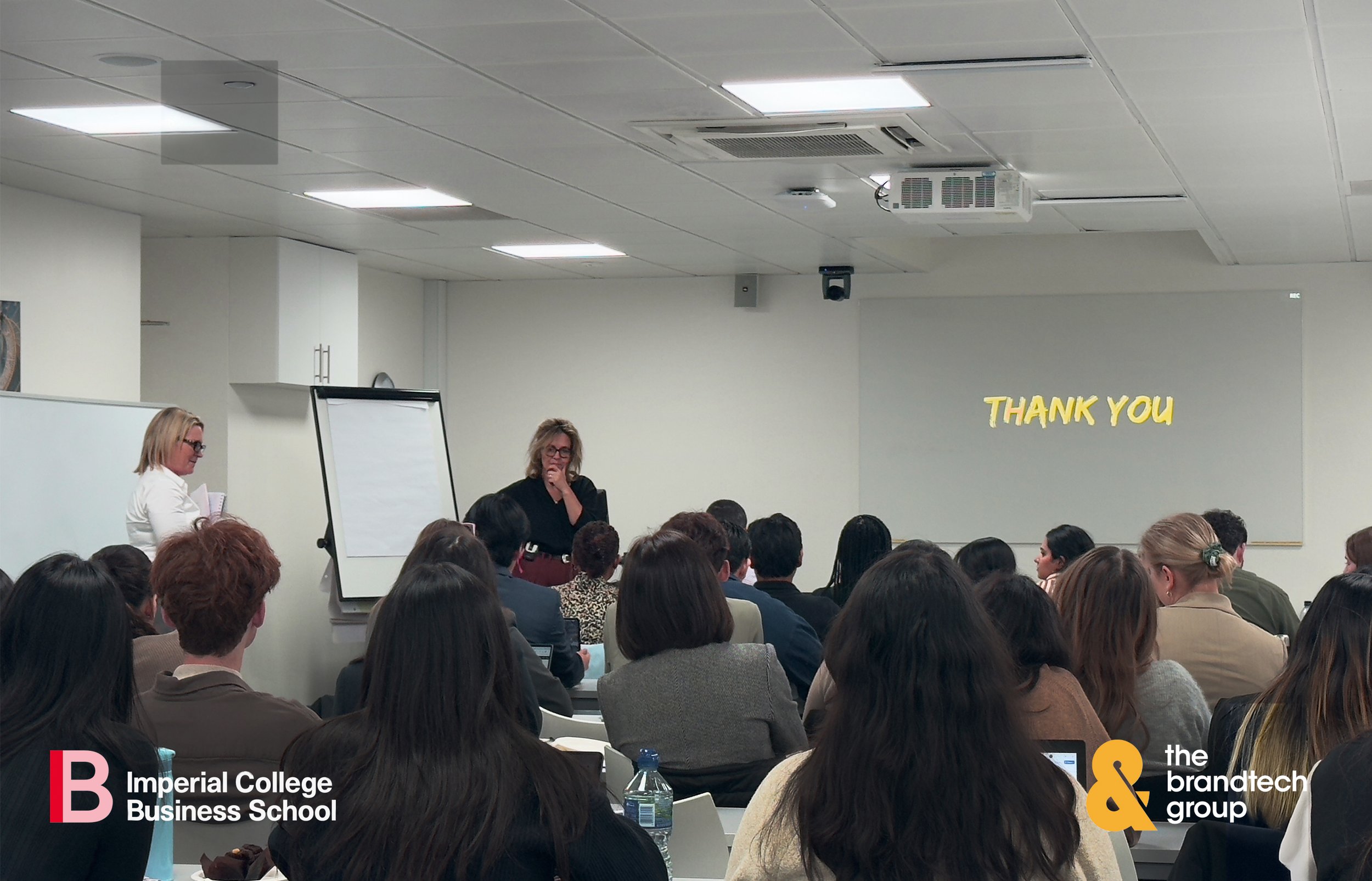Otis kicks off global AI challenge for students to solve urban mobility issues
Otis, a company specialising in the manufacturing, installing, and servicing of elevators and escalators, has launched its annual "Made to Move Communities" challenge, engaging over 250 students from more than 15 countries to develop solutions for improving urban mobility using artificial intelligence.
The programme, which runs over several months, encourages students to apply AI technology to address real-world challenges with the guidance of volunteer mentors from Otis.
The competition invites students to focus on AI applications for urban mobility, such as optimising traffic flows, developing self-driving technologies, or improving city accessibility.
With urban populations growing and infrastructure facing increased pressure, the initiative encourages students to think critically about how AI can help solve these issues.
Supporting STEM Education
Since its launch in 2020, the "Made to Move Communities" challenge has involved over 750 students and hundreds of Otis mentors. The programme’s goal is to spark interest in science, technology, engineering, and maths (STEM) education while providing practical learning experiences that address real-world problems.
Randi Tanguay, Senior Vice President and Chief Communications Officer at Otis, highlighted the importance of engaging students with AI technology:
“We believe that the next generation of innovation will use AI to make moving in and around cities easier and more efficient for all. Today’s students are growing up as AI technology matures. They are actively engaged and quickly developing the skills to effectively use and apply it.
“With their innate curiosity and imagination, combined with the guidance of expert Otis volunteer mentors, I can't wait to see the solutions these students come up with."
The Role of AI in Addressing Urban Challenges
According to the World Bank, as more than 56% of the global population currently lives in cities, this number is expected to reach 70% by 2050. Urban infrastructure faces challenges like congestion, pollution, and inadequate public transport systems. These issues are particularly pronounced in underserved communities and for people with special needs.
In previous years, the competition selected winners at a regional level. This year, for the first time, the four regional winners will compete in a final global round to determine an overall champion. Each team will be required to demonstrate how their solution can be scaled globally, with the winning team receiving an additional grant to support STEM education at their school.
Since 2020, Otis has provided nearly $1 million in grants to participating schools, supporting the development of STEM learning resources.
Ezhil Nanjappan, Senior Vice President and Chief Technology Officer at Otis, spoke about the potential for AI to make a difference in urban transportation:
"AI is already reshaping transportation. It's enabling self-driving cars, optimizing traffic flows, and even helping drones deliver packages and medicines to those in need.
"As we stand on the brink of the AI revolution, I'm excited to bring this transformational technology to the Made to Move Communities program – to brainstorm solutions to the mobility issues of today and tomorrow, while inspiring young minds and helping to close the STEM skills gap."





















